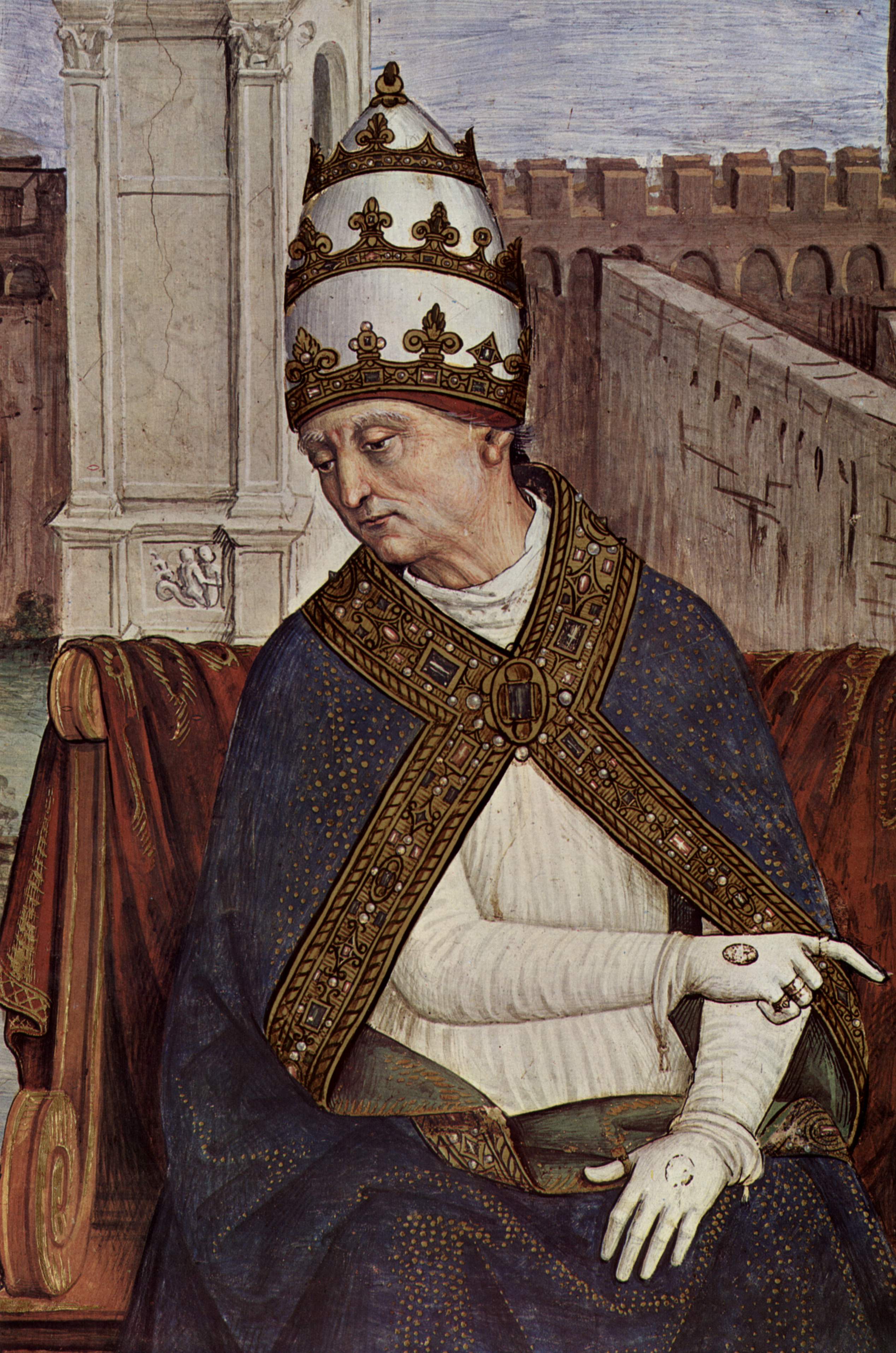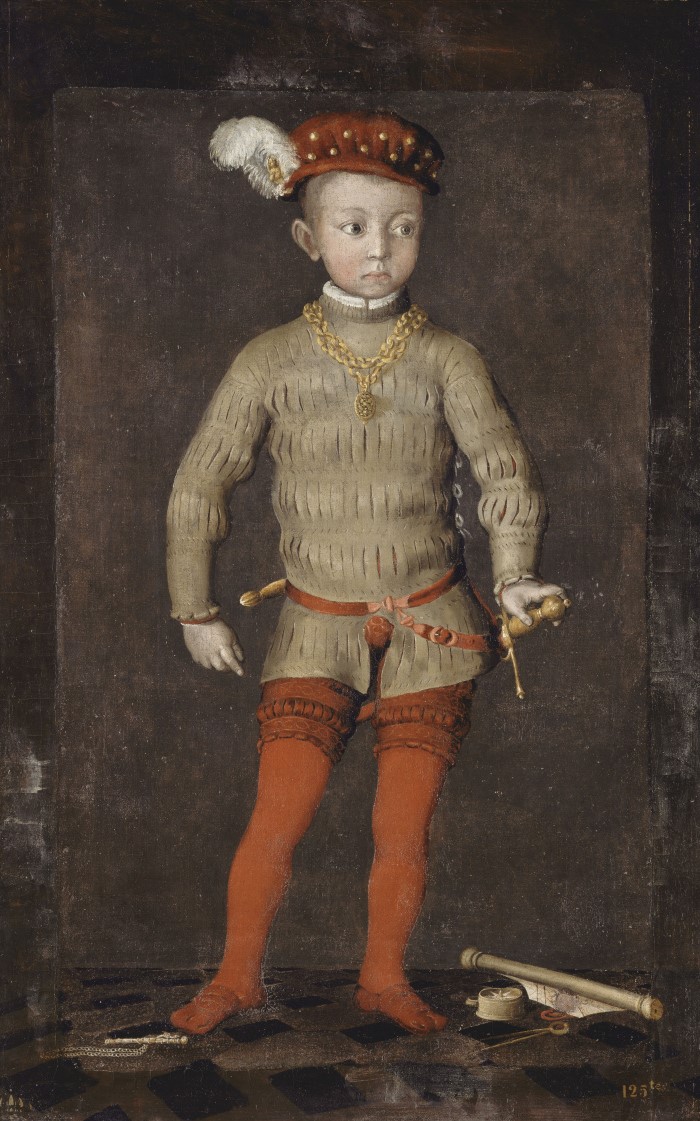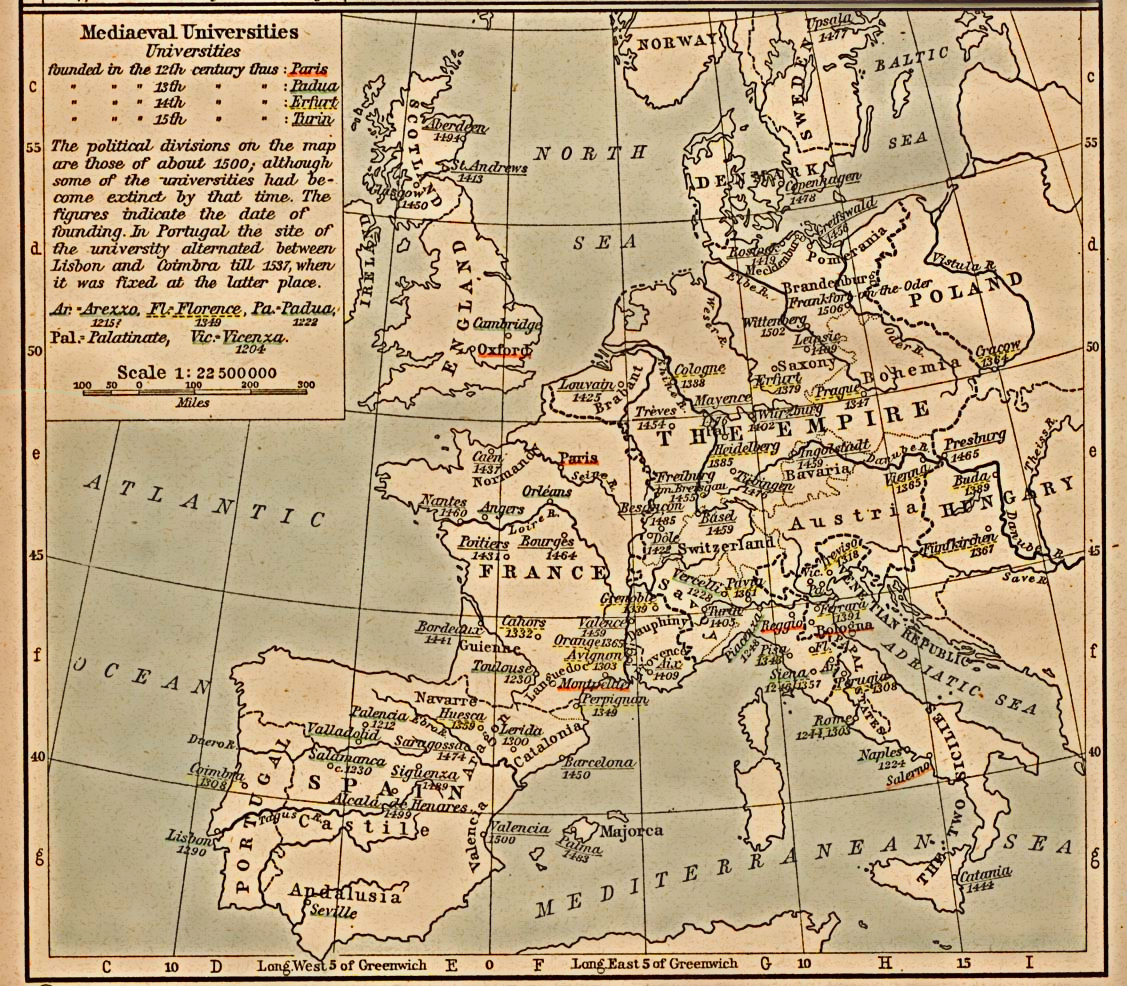|
University Of Nantes
Nantes University () is a public university located in the city of Nantes, France. In addition to the several campuses scattered in the city of Nantes, there are two satellite campuses located in Saint-Nazaire and La Roche-sur-Yon. The university ranked between 401-500th in the Times Higher Education of 2016. On a national scale and regarding the professional insertion after graduation, the University of Nantes oscillates between 3rd and 40th out of 69 universities depending on the field of studies. Currently, the university is attended by approximately 34,500 students. More than 10% of them are international students coming from 110 countries. Notable alumni include former Prime Minister Jean-Marc Ayrault, former Minister of Agriculture Stéphane Le Foll, and United Nations official Clément Nyaletsossi Voule. History The current University was founded in 1970 under the terms of the 1968 law which reformed French higher education. This newly established institution replaced ... [...More Info...] [...Related Items...] OR: [Wikipedia] [Google] [Baidu] |
Public University
A public university, state university, or public college is a university or college that is State ownership, owned by the state or receives significant funding from a government. Whether a national university is considered public varies from one country (or region) to another, largely depending on the specific education landscape. In contrast a private university is usually owned and operated by a private corporation (not-for-profit or for profit). Both types are often regulated, but to varying degrees, by the government. Africa Algeria In Algeria, public universities are a key part of the education system, and education is considered a right for all citizens. Access to these universities requires passing the Baccalaureate (Bac) exam, with each institution setting its own grade requirements (out of 20) for different majors and programs. Notable public universities include the Algiers 1 University, University of Algiers, Oran 1 University, University of Oran, and Constantin ... [...More Info...] [...Related Items...] OR: [Wikipedia] [Google] [Baidu] |
Pope Pius II
Pope Pius II (, ), born Enea Silvio Bartolomeo Piccolomini (; 18 October 1405 – 14 August 1464), was head of the Catholic Church and ruler of the Papal States from 19 August 1458 to his death in 1464. Aeneas Silvius was an author, diplomat, and orator, and private secretary of Antipope Felix V and then the Emperor Frederick III, and then Pope Eugenius IV. He participated in the Council of Basel, but left it in 1443 to follow Frederick, whom he reconciled to the Roman obedience. He became Bishop of Trieste in 1447, Bishop of Siena in 1450, and a cardinal in 1456. He was a Renaissance humanist with an international reputation. Aeneas Silvius' longest and most enduring work is the story of his life, the ''Commentaries'', which was the first autobiography of a pope to have been published. It appeared posthumously, in 1584, 120 years after his death. Early life Aeneas was born in Corsignano in Sienese territory of a noble but impoverished family. His father Silvio was a s ... [...More Info...] [...Related Items...] OR: [Wikipedia] [Google] [Baidu] |
European Commission
The European Commission (EC) is the primary Executive (government), executive arm of the European Union (EU). It operates as a cabinet government, with a number of European Commissioner, members of the Commission (directorial system, informally known as "commissioners") corresponding to two thirds of the number of Member state of the European Union, member states, unless the European Council, acting unanimously, decides to alter this number. The current number of commissioners is 27, including the president. It includes an administrative body of about 32,000 European civil servants. The commission is divided into departments known as Directorate-General, Directorates-General (DGs) that can be likened to departments or Ministry (government department), ministries each headed by a director-general who is responsible to a commissioner. Currently, there is one member per European Union member state, member state, but members are bound by their oath of office to represent the genera ... [...More Info...] [...Related Items...] OR: [Wikipedia] [Google] [Baidu] |
European Credit Transfer And Accumulation System
The European Credit Transfer and Accumulation System (ECTS) is a standard means for comparing academic credits, i.e., the "volume of learning based on the defined learning outcomes and their associated workload" for higher education across the European Union and other collaborating European countries. For successfully completed studies, ECTS credits are awarded. One academic year corresponds to 60 ECTS credits that are normally equivalent to 1500–1800 hours of total workload, irrespective of standard or qualification type. ECTS credits are used to facilitate transfer and progression throughout the Union. ECTS also includes a standard ECTS grading scale, grading scale, intended to be shown in addition to local (i.e. national) standard grades. Current systems See also * Educational policies and initiatives of the European Union * Bologna Process * European Higher Education Area * ECTS grading scale * Carnegie Unit and Student Hour * Erasmus Programme * Academic mobility Refe ... [...More Info...] [...Related Items...] OR: [Wikipedia] [Google] [Baidu] |
Doctorat
A doctorate (from Latin ''doctor'', meaning "teacher") or doctoral degree is a postgraduate academic degree awarded by universities and some other educational institutions, derived from the ancient formalism ''Licentiate (degree), licentia docendi'' ("licence to teach"). In most countries, a research degree qualifies the holder to teach at university level in the degree's field or work in a specific profession. There are a number of doctoral degrees; the most common is the Doctor of Philosophy (PhD), awarded in many different fields, ranging from the humanities to scientific disciplines. Many universities also award Honorary degree, honorary doctorates to individuals deemed worthy of special recognition, either for scholarly work or other contributions to the university or society. History Middle Ages The term ''doctor'' derives from Latin, meaning "teacher" or "instructor". The doctorate (Latin: ''doctoratus'') appeared in Middle Ages, medieval Europe as a license to teach Lati ... [...More Info...] [...Related Items...] OR: [Wikipedia] [Google] [Baidu] |
Master's Degree In Europe
Master's degrees in Europe are the second cycle of the Bologna process, following on from undergraduate bachelor's degrees and preceding third cycle doctorates. Master's degrees typically take two years to complete, although the number of years varies between countries, and correspond to 60 – 120 ECTS credits. Within the European Higher Education Area, representing almost all countries in Europe, master's degrees are referenced to the Framework of Qualifications for the European Higher Education Area and national qualifications frameworks. European Master's Market Through the Bologna initiatives and support of the European Union, Europe is unifying and standardising especially the structure of their masters' programmes, making them more and more accessible to foreign students. An often cited advantage of the European universities is an advantageous cost/quality ratio. In Europe, especially continental Europe, universities are heavily subsidized by their national governmen ... [...More Info...] [...Related Items...] OR: [Wikipedia] [Google] [Baidu] |
Bachelor's Degree
A bachelor's degree (from Medieval Latin ''baccalaureus'') or baccalaureate (from Modern Latin ''baccalaureatus'') is an undergraduate degree awarded by colleges and universities upon completion of a course of study lasting three to six years (depending on the institution and academic discipline). The two most common bachelor's degrees are the Bachelor of Arts (BA) and the Bachelor of Science (BS or BSc). In some institutions and educational systems, certain bachelor's degrees can only be taken as graduate or postgraduate educations after a first degree has been completed, although more commonly the successful completion of a bachelor's degree is a prerequisite for further courses such as a master's or a doctorate. In countries with qualifications frameworks, bachelor's degrees are normally one of the major levels in the framework (sometimes two levels where non-honours and honours bachelor's degrees are considered separately). However, some qualifications titled bachelor's ... [...More Info...] [...Related Items...] OR: [Wikipedia] [Google] [Baidu] |
Philippe Emmanuel, Duke Of Mercœur
Philippe-Emmanuel de Lorraine, Duke of Mercœur and of Penthièvre (9 September 1558, in Nomeny, Meurthe-et-Moselle – 19 February 1602, in Nürnberg) was a French soldier, a prince of the Holy Roman Empire and a prominent member of the Catholic League, who fought for Breton political independence from the House of Bourbon. Life Philippe-Emmanuel de Lorraine, Duke of Mercoeur was born on 9 September 1558 in Nomeny, France, the eldest surviving son of Nicholas, Count of Vaudémont and Jeanne de Savoie-Nemours. In 1575, Mercoeur married Marie de Luxembourg, daughter of Sébastien de Luxembourg, which, together with the title of Duc de Penthièvre, also brought him rights to the crown of the Duchy of Brittany. He was made a knight of the Order of Saint Esprit in 1578. Rebellion in Brittany In 1582, after the death of the Duke of Montpensier, he was made governor of Brittany by Henry III of France, who had married his half-sister. In 1588 Mercœur joined the Catholic League ... [...More Info...] [...Related Items...] OR: [Wikipedia] [Google] [Baidu] |
Catholic League (French)
The Catholic League of France (), sometimes referred to by contemporary (and modern) Catholic Church, Catholics as the Holy League (), was a major participant in the French Wars of Religion. The League, founded and led by Henry I, Duke of Guise, intended the eradication of Protestantism from Catholic France, as well as the replacement of the French Henry III of France, King Henry III, who had acquiesced to Protestant worship in the Edict of Beaulieu (1576). The League also fought against Henry IV of France, Henry of Navarre, the Protestant prince who became presumptive heir to the French throne in 1584. Pope Sixtus V, Philip II of Spain, and the Jesuits were all supporters of this Catholic party. Origins Local confraternities were initially established by French Catholics to counter the Edict of Beaulieu in 1576. Henry III of France, King Henry III placed himself at the head of these associations as a counter-balance to the ultra-Catholic League of Peronne. Following the repu ... [...More Info...] [...Related Items...] OR: [Wikipedia] [Google] [Baidu] |
Henry IV Of France
Henry IV (; 13 December 1553 – 14 May 1610), also known by the epithets Good King Henry (''le Bon Roi Henri'') or Henry the Great (''Henri le Grand''), was King of Navarre (as Henry III) from 1572 and King of France from 1589 to 1610. He was the first monarch of France from the House of Bourbon, a cadet branch of the Capetian dynasty. He pragmatically balanced the interests of the Catholic and Protestant parties in France, as well as among the European states. He was assassinated in Paris in 1610 by a Catholic zealot, and was succeeded by his son Louis XIII. Henry was baptised a Catholic but raised as a Huguenot in the Protestant faith by his mother, Queen Jeanne III of Navarre. He inherited the throne of Navarre in 1572 on his mother's death. As a Huguenot, Henry was involved in the French Wars of Religion, barely escaping assassination in the St. Bartholomew's Day massacre. He later led Protestant forces against the French royal army. Henry inherited the thro ... [...More Info...] [...Related Items...] OR: [Wikipedia] [Google] [Baidu] |
Studium Generale
is the old customary name for a medieval university in medieval Europe. Overview There is no official definition for the term . The term ' first appeared at the beginning of the 13th century out of customary usage, and meant a place where students from everywhere were welcomed, not merely those of the local district or region. In the 13th century, the term gradually acquired a more precise (but still unofficial) meaning as a place that (1) received students from all places, (2) taught the arts and had at least one of the higher faculties (that is, theology, law or medicine) and (3) that a significant part of the teaching was done by those with a master's degree. A fourth criterion slowly appeared: a master who had taught and was registered in the Guild of Masters of a ' was entitled to teach in any other without further examination. That privilege, known as , was, by custom, reserved only to the masters of the three oldest universities: Salerno, Bologna and Paris. Their re ... [...More Info...] [...Related Items...] OR: [Wikipedia] [Google] [Baidu] |
University Of Bordeaux
The University of Bordeaux (, ) is a public research university based in Nouvelle-Aquitaine in southwestern France. It has several campuses in the cities and towns of Bordeaux, Dax, Gradignan, Périgueux, Pessac, and Talence. There are also several smaller teaching sites in various other towns in the region, including in Bayonne. The University of Bordeaux counts more than 50,000 students, over 6,000 of which are international. It is a member of the ComUE d'Aquitaine university group. History The original ''Université de Bordeaux'' was established by Pope Eugene IV on 7 June 1441 when Bordeaux was an English town. In 1793, during the French Revolution, the National Convention abolished the university. The university re-opened in 1896 as a result of the law of 18 July 1896. In 1970, the university was split into three universities: Bordeaux I, Bordeaux II, and Bordeaux III. In 1995, Bordeaux IV split off from Bordeaux I. Since 2014, the aforementioned universitie ... [...More Info...] [...Related Items...] OR: [Wikipedia] [Google] [Baidu] |







